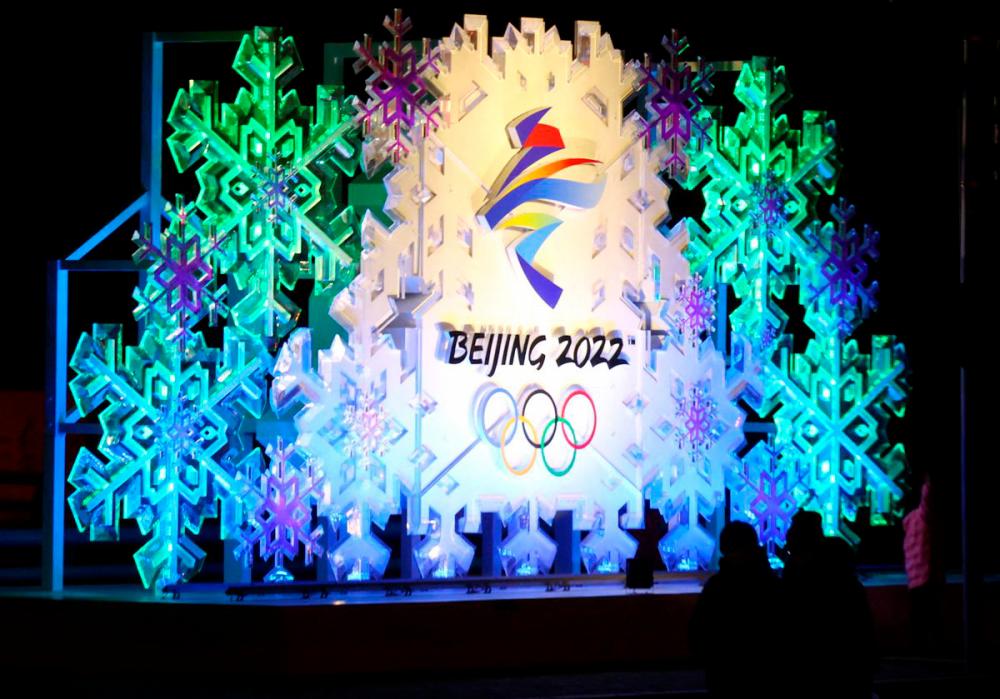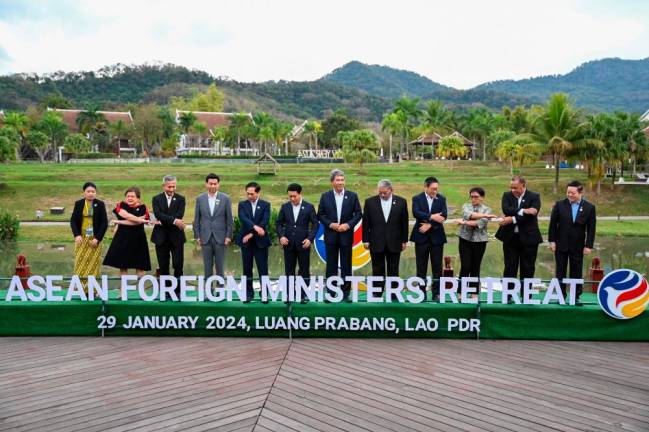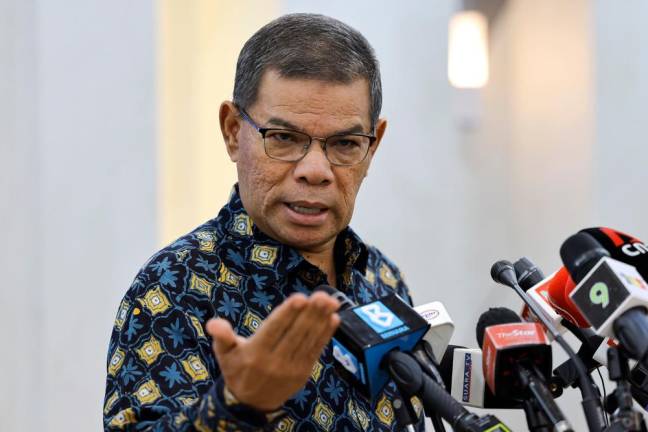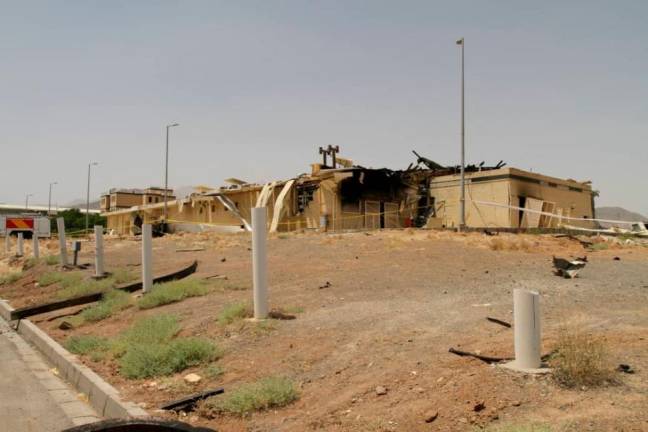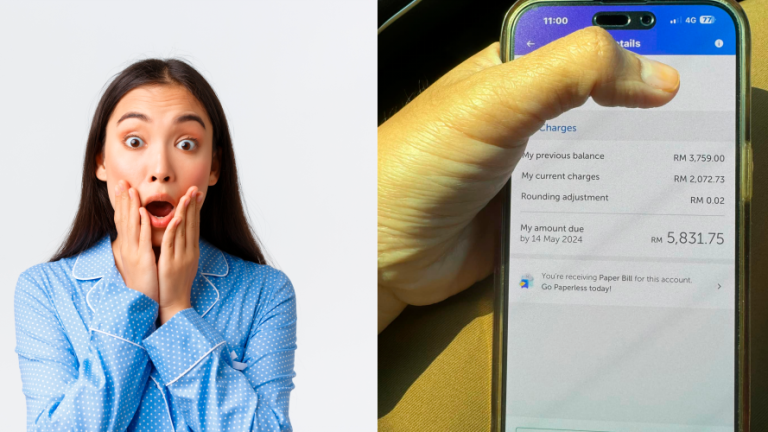PERHAPS the biggest untold story of the Olympic Games is the competition among the English language Western media to see which can win the gold medal for using a sporting event to criticise China.
As a run-up to the games, we had reports from Western media outlets focusing on why China does not deserve to host the games. Pre-game coverage focused on the Peng Shuai story and the diplomatic boycott of the games by the United States and a few allies. This attempt to discourage nations of the world from participating in China’s first Winter Olympics failed badly.
In total, 2,800 athletes from 91 countries are taking part, only one nation less than the record 92 that took part in the 2018 games. With its optimistic motto, “Together for a shared future”, the Beijing Olympics should be an occasion to bring countries of the world together in peace and friendly competition.
As aptly summarised in the address of International Olympic President Thomas Bach during the opening ceremony on Feb 4: “In our fragile world, where division, conflict and mistrust are on the rise, we show the world, yes, it is possible to be fierce rivals, while at the same time live peacefully and respectfully together. This is the mission of the Olympic Games – to bring us together in peaceful competition, always building bridges, never erecting walls, uniting humankind in all our diversity.”
In his speech, Bach referred to the Olympic spirit of truce and appealed to “all political authorities across the world – observe your commitment to this Olympic Truce. Give peace a chance”. Unfortunately, this appeal appeared lost on the Western media that was covering the Games.
It is well recognised that the media is among key stake players that can help bring nations and communities together or tear them apart. So, what can we find from Western media coverage of the Beijing Olympics?
It shows the following to date:
> A strong ideological fixation
> An anti-China agenda
> Racist undertones
> A thin layer of independent and fact- based reporting
This finding is based on what has appeared in what is still regarded as the more trustworthy, liberal and progressive media in the US and Britain. What is important to note too is that media reporting in countries such as the United States harp on their integrity, independence, transparency and commitment to journalistic ethics.
In addition, media companies having a global reach emphasise that they report issues and events in a way that reflects the global plurality of views. They also claim that their stories are to help different countries and communities understand each other better.
What we see is a sharp contrast to these ideals. The emphasis is on manipulation of stories and information aimed at bringing down China as a rising global power. Thus every aspect, news and development of the games – use of artificial snow, the weather, the choice of Uighur cross-country skier, Dinigeer Yilamujiang, as final torch bearer, the meals served, Covid quarantine requirements, the success of Gu Ailing, the failure of Zhu Yi, the response of aggressive segments of Chinese social media – has been subject to efforts to sensationalise and to reinforce negative views of the host nation, its citizenry and the athletes associated with China.
This anti-China propagandistic war by the Western media is nothing new. It emerged prominently during former US president, Donald Trump’s period of office and still continues in leading Western media.
Lim Teck Ghee’s Another Take is aimed at demystifying social orthodoxy. Comments: letters@thesundaily.com



